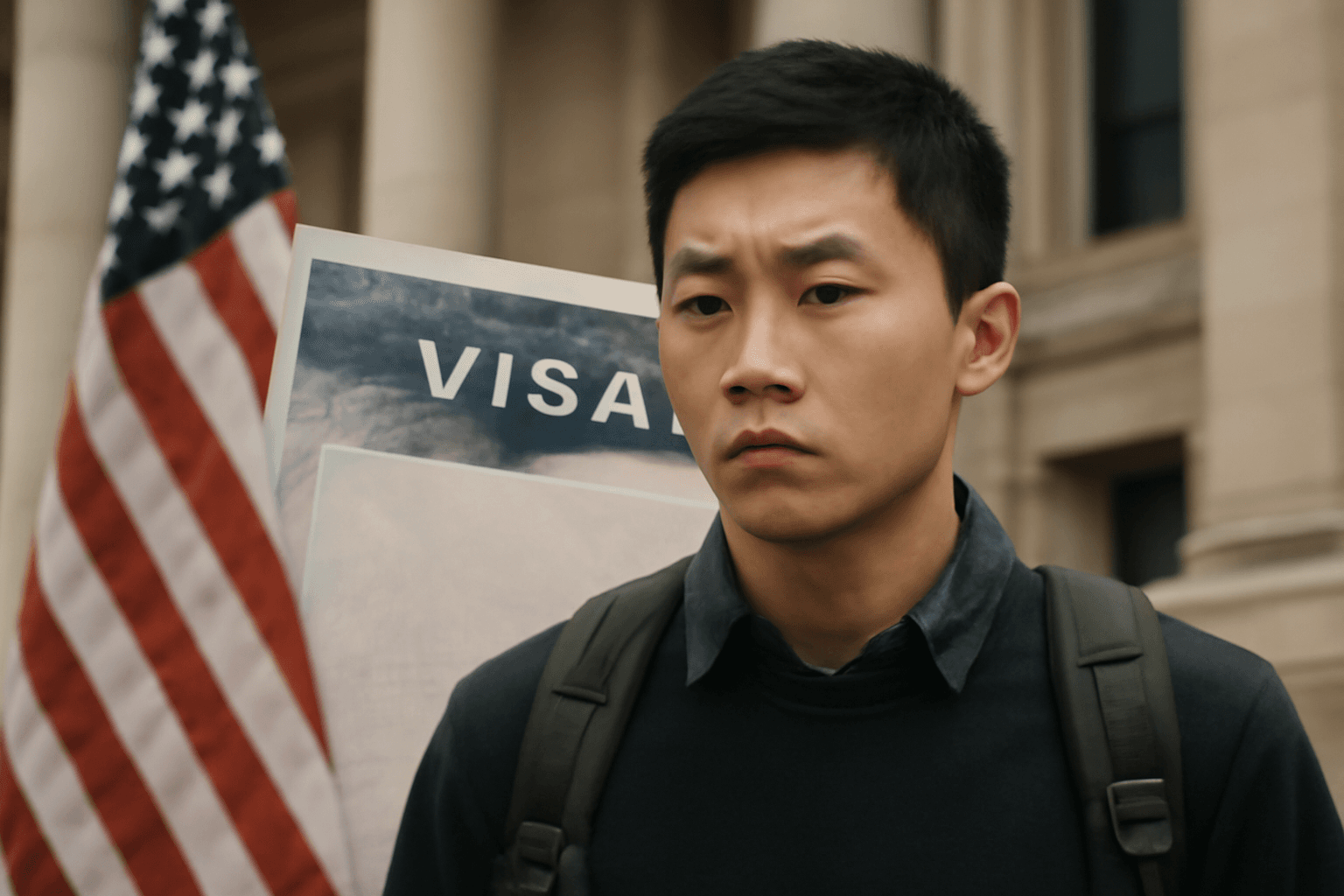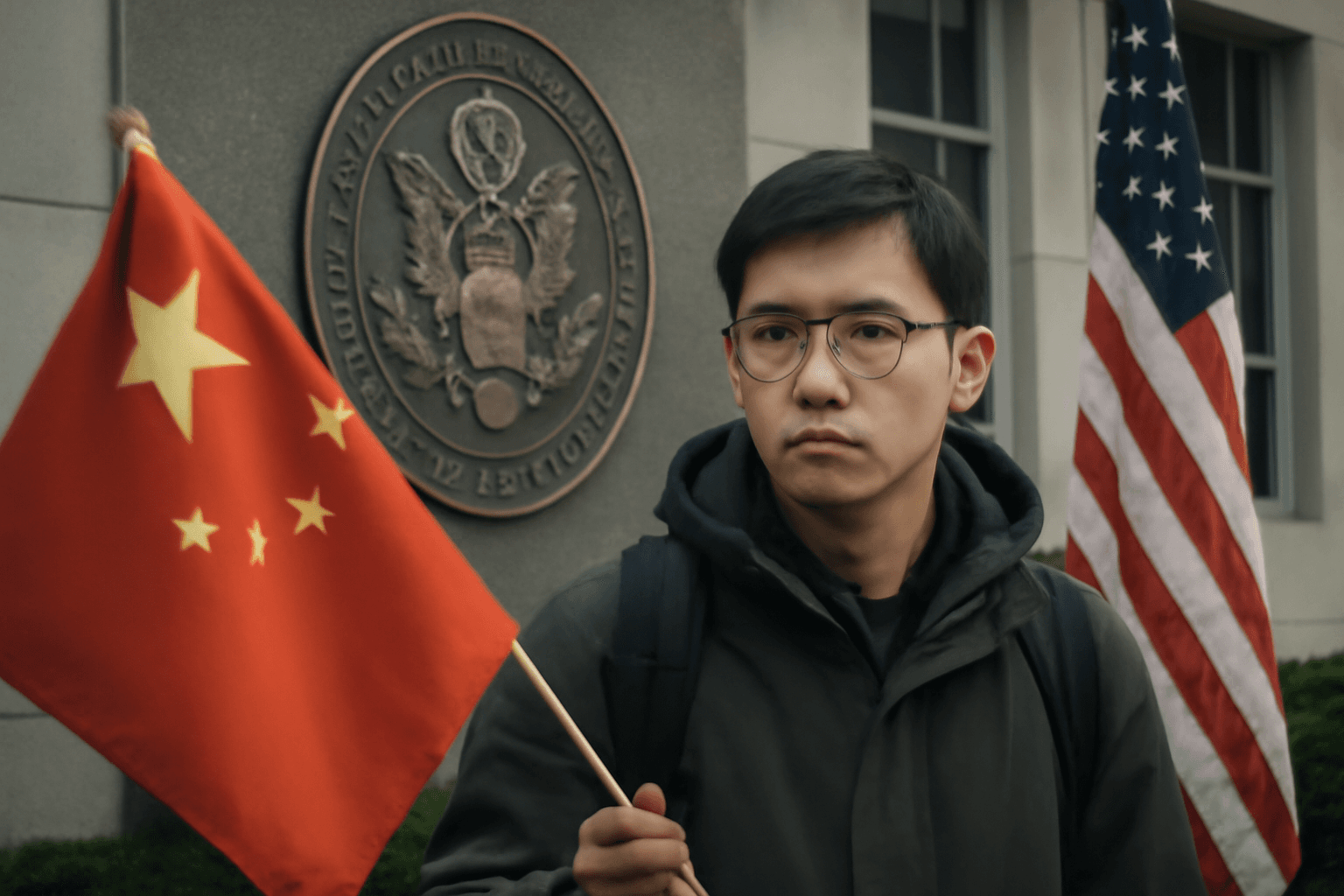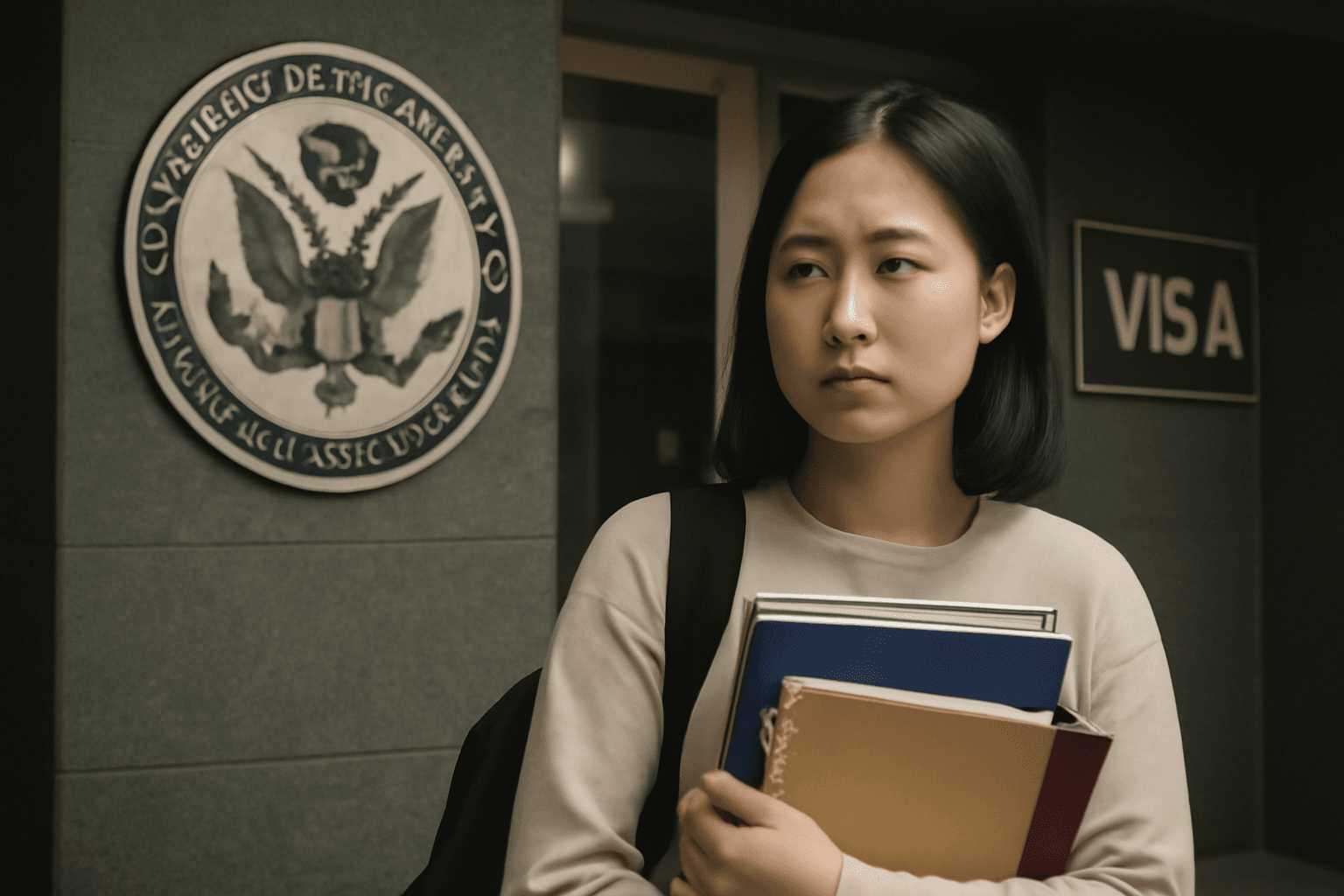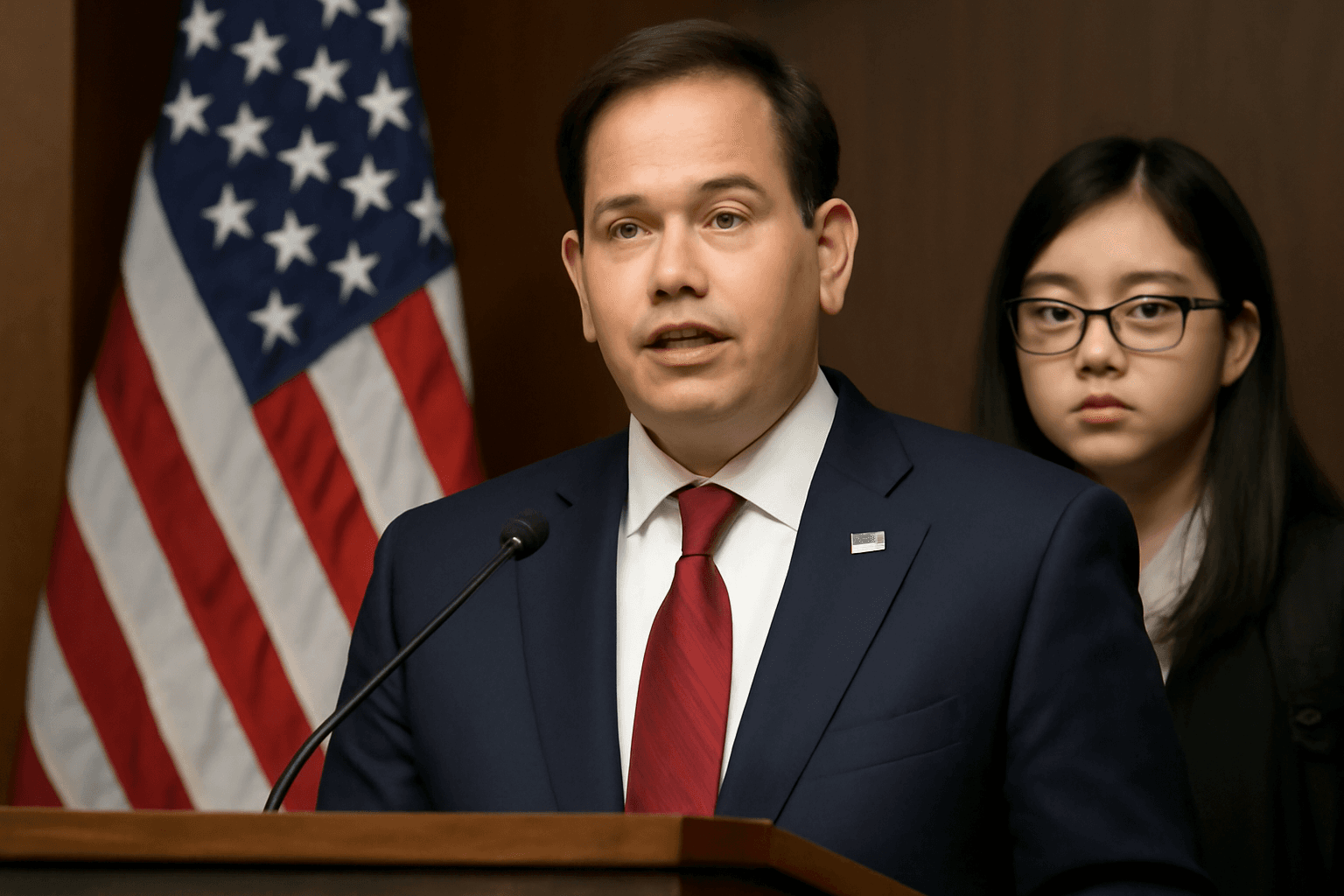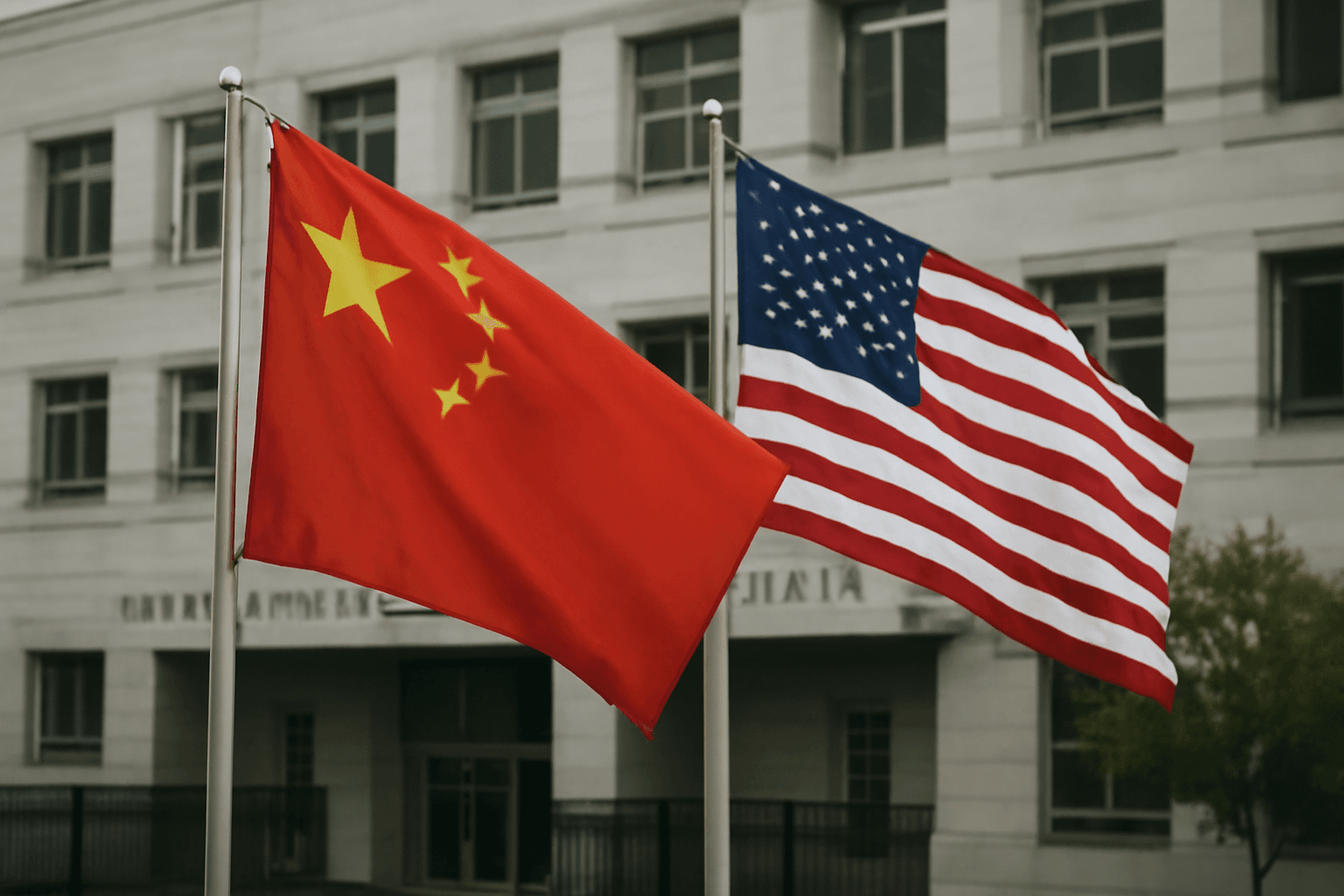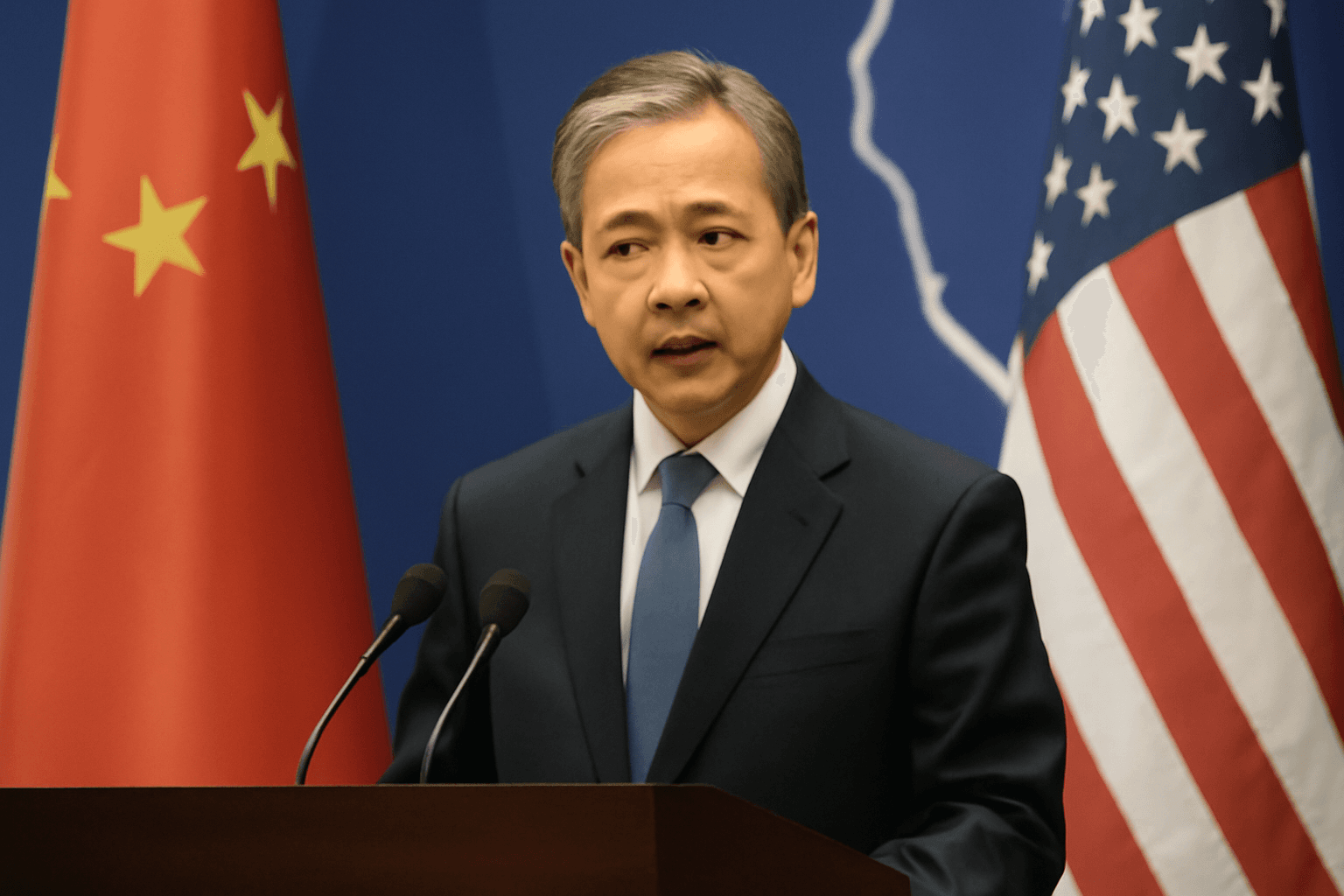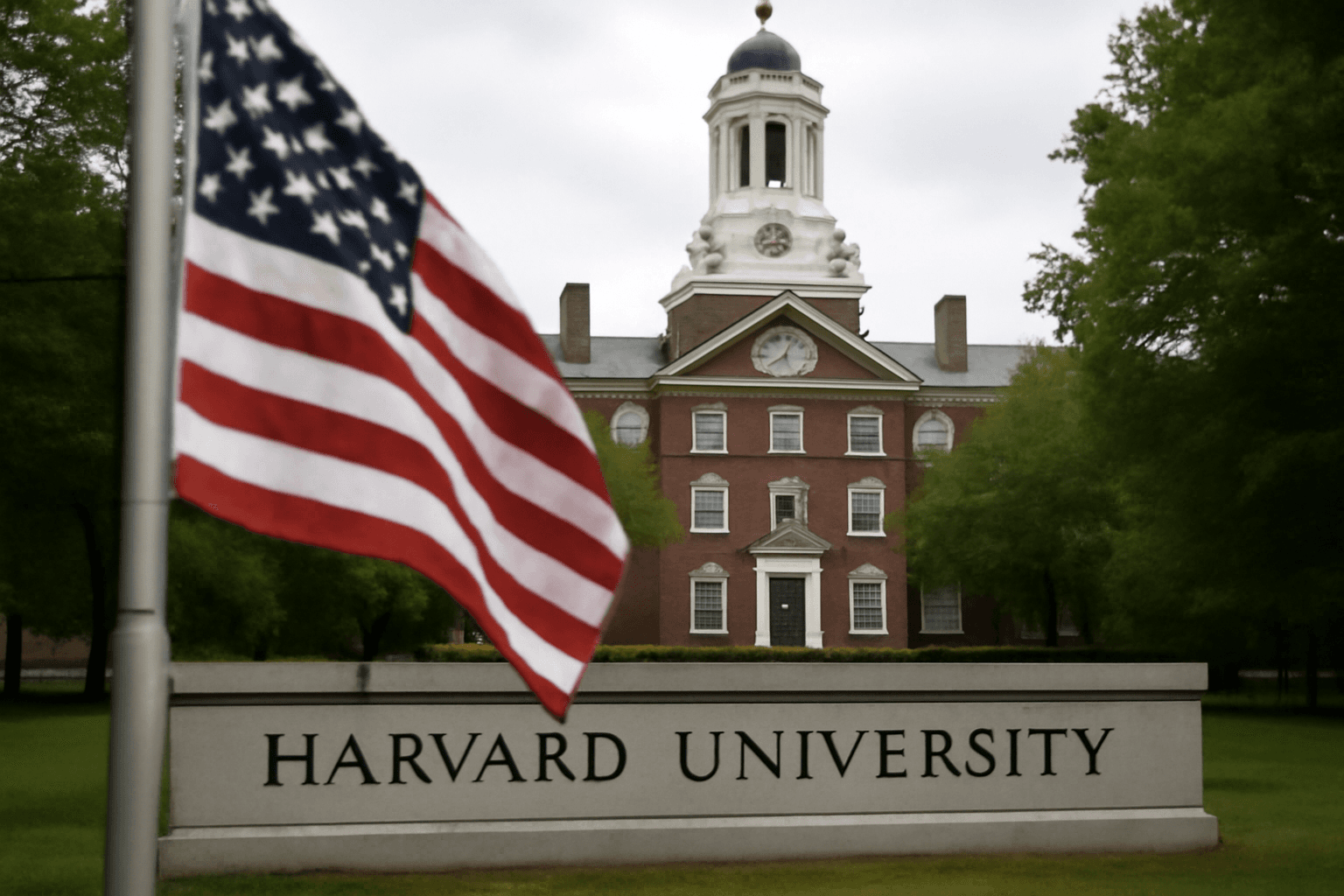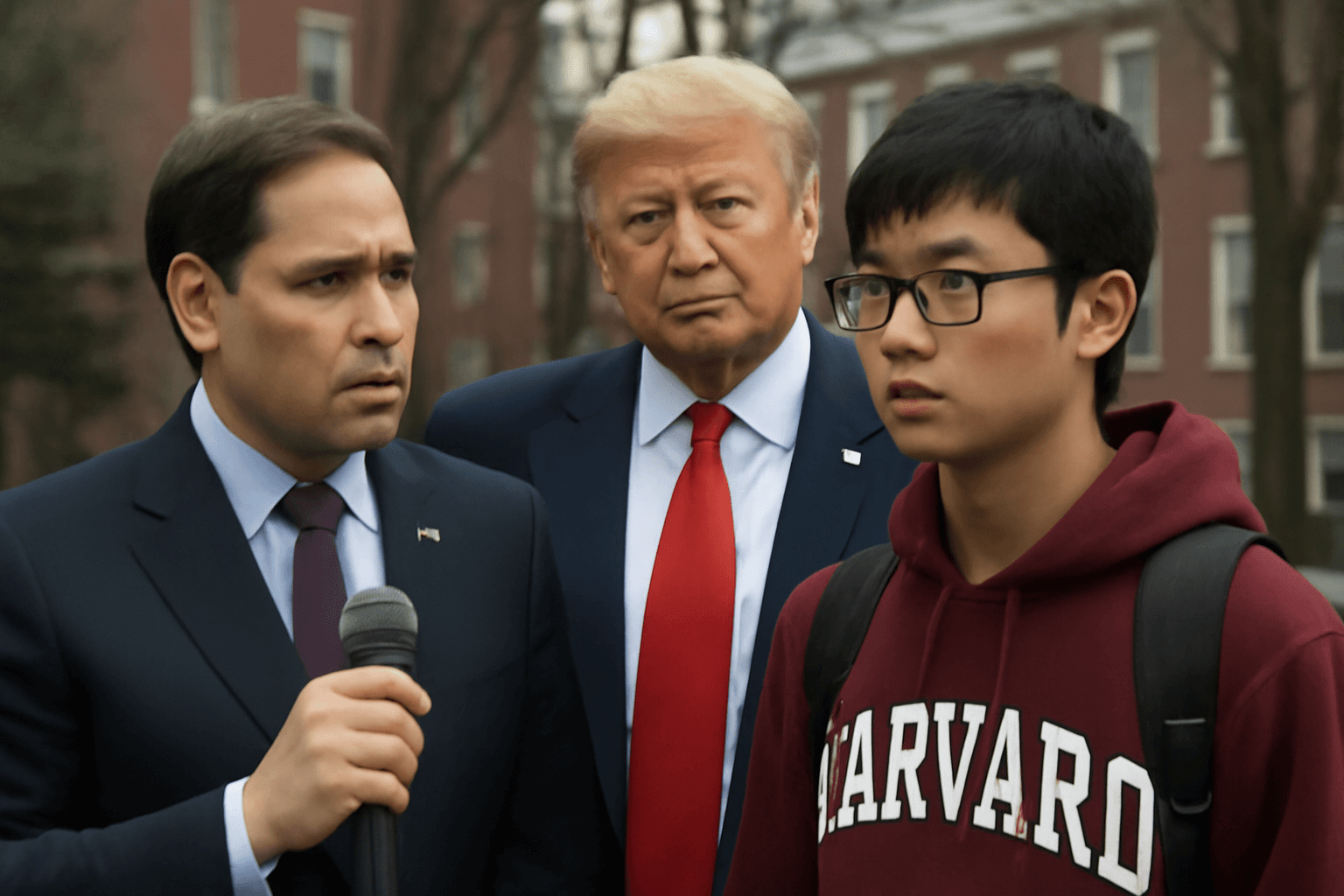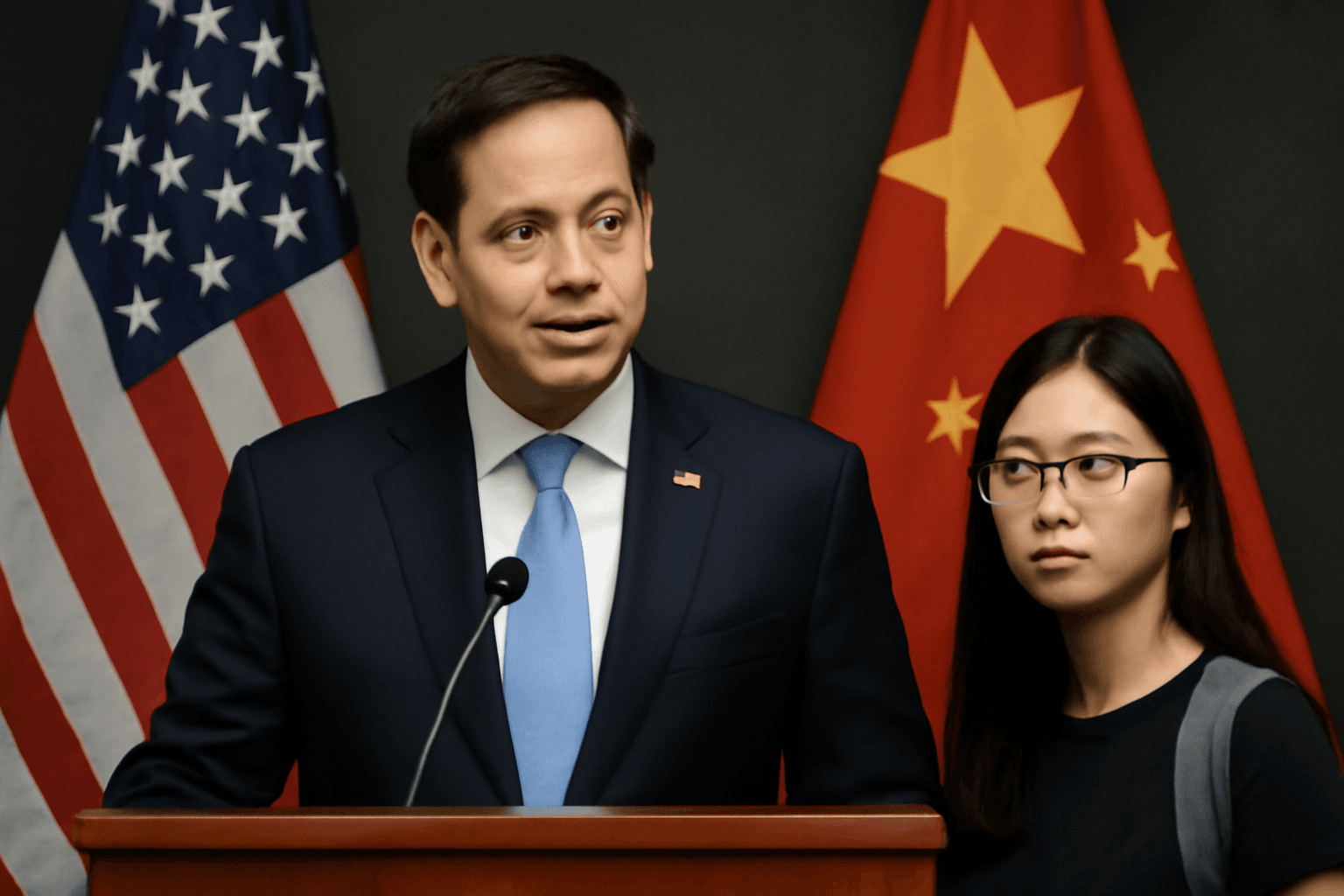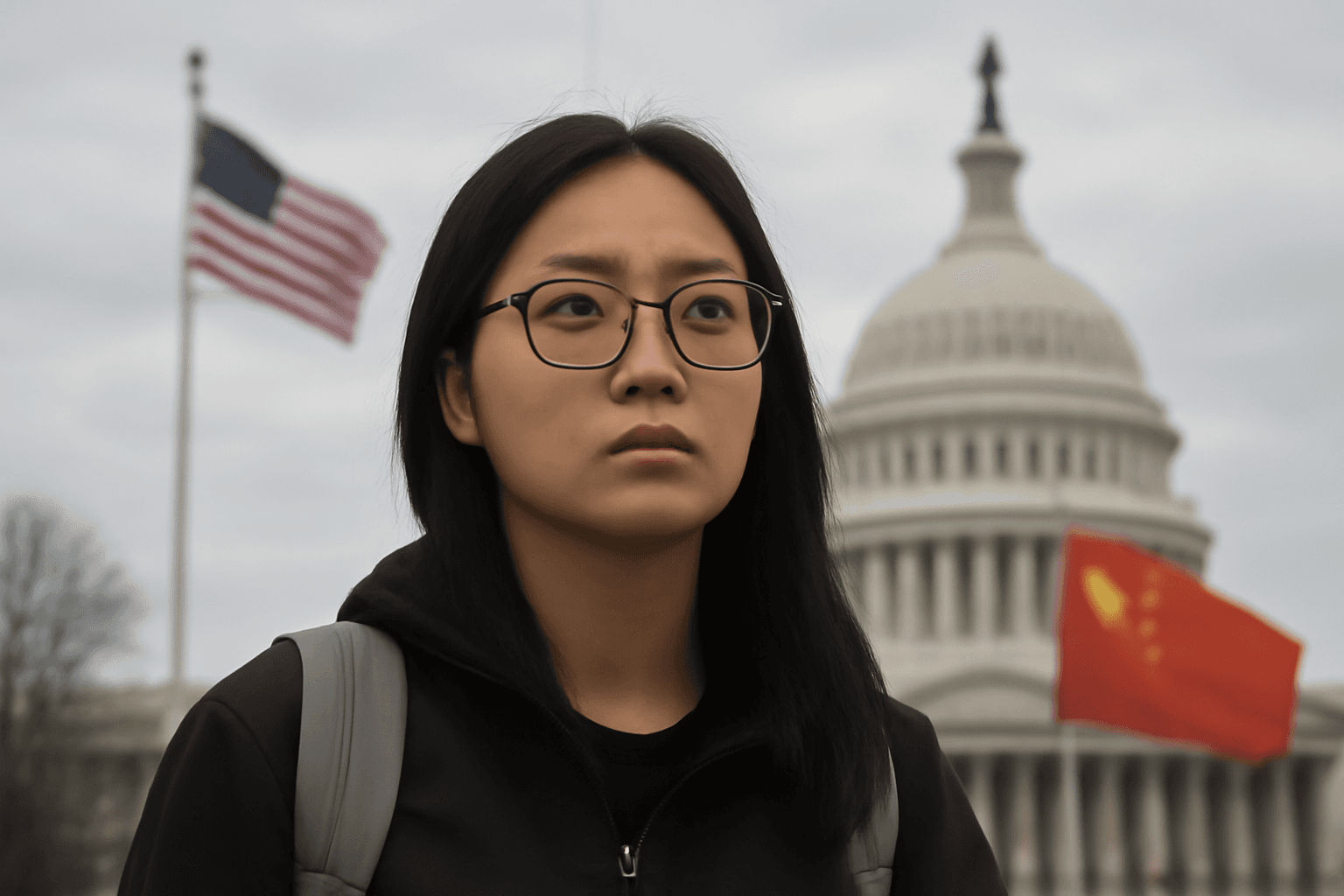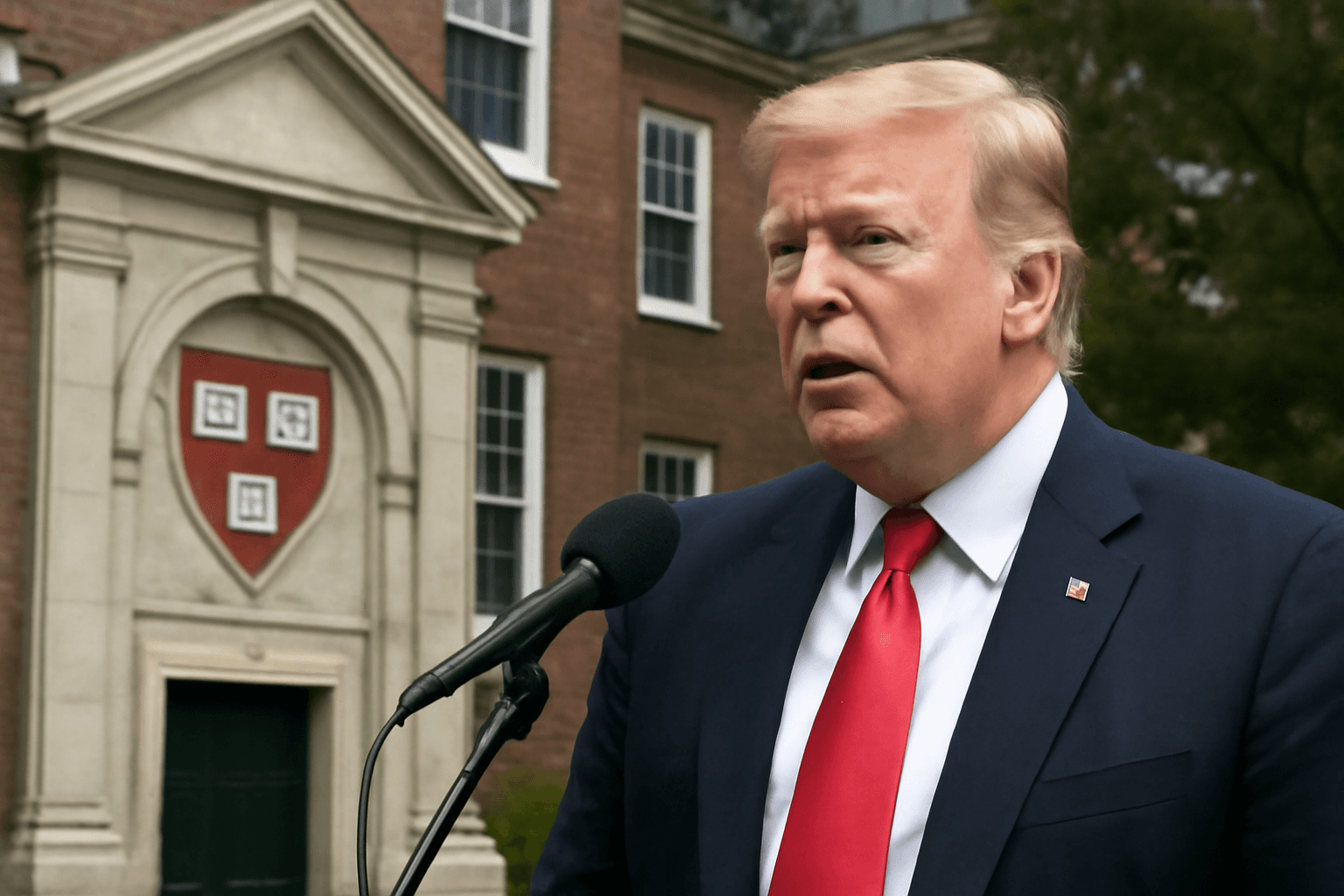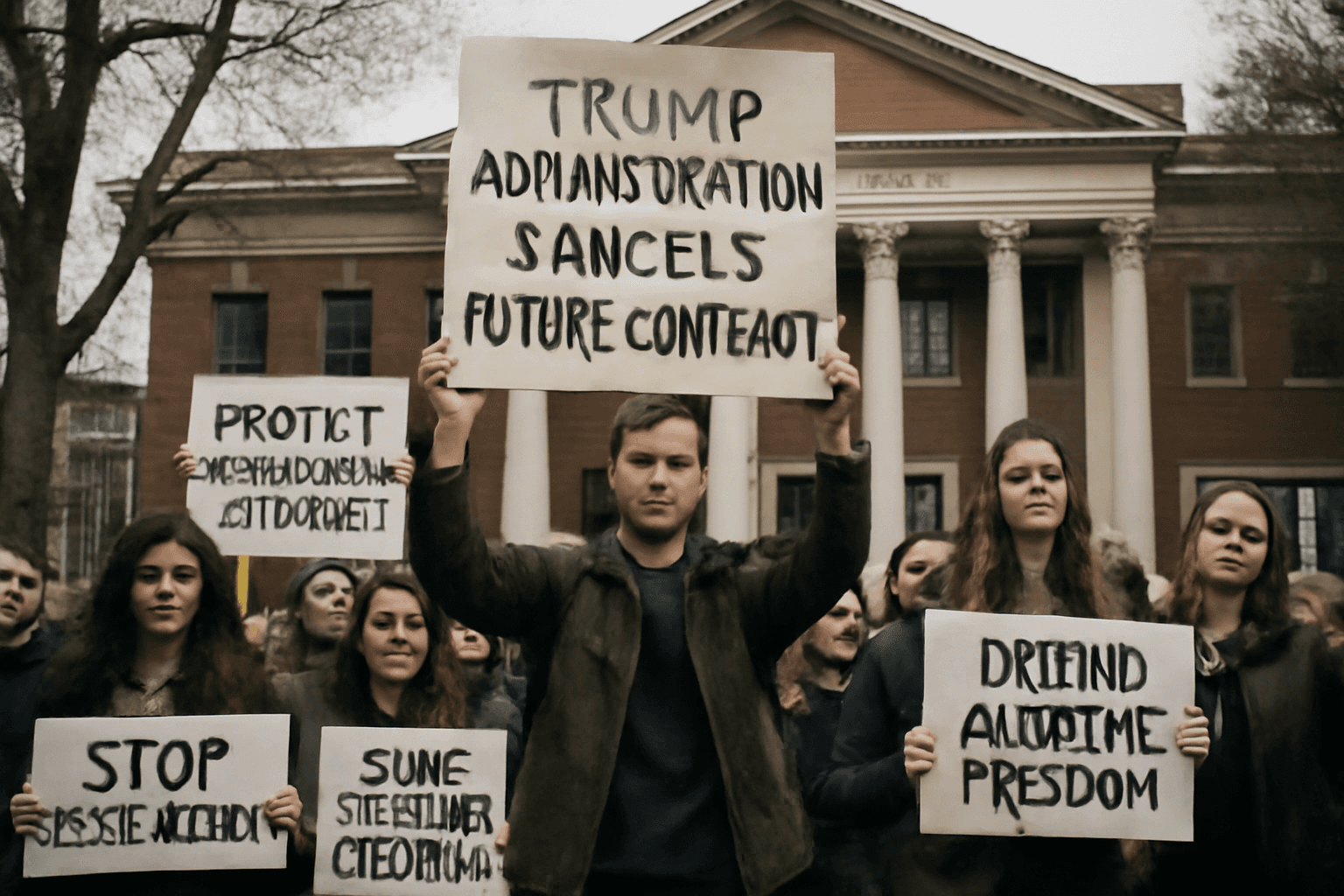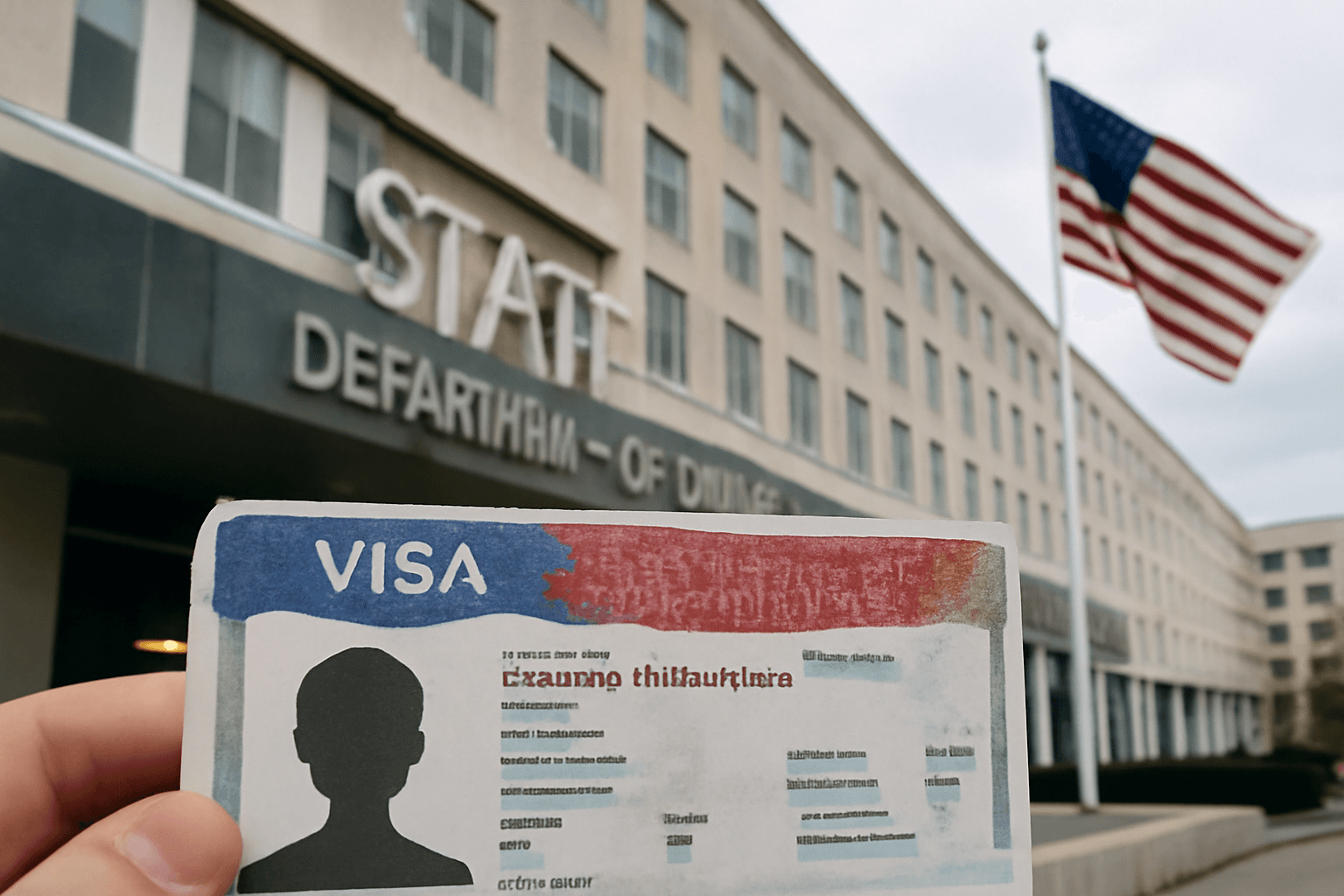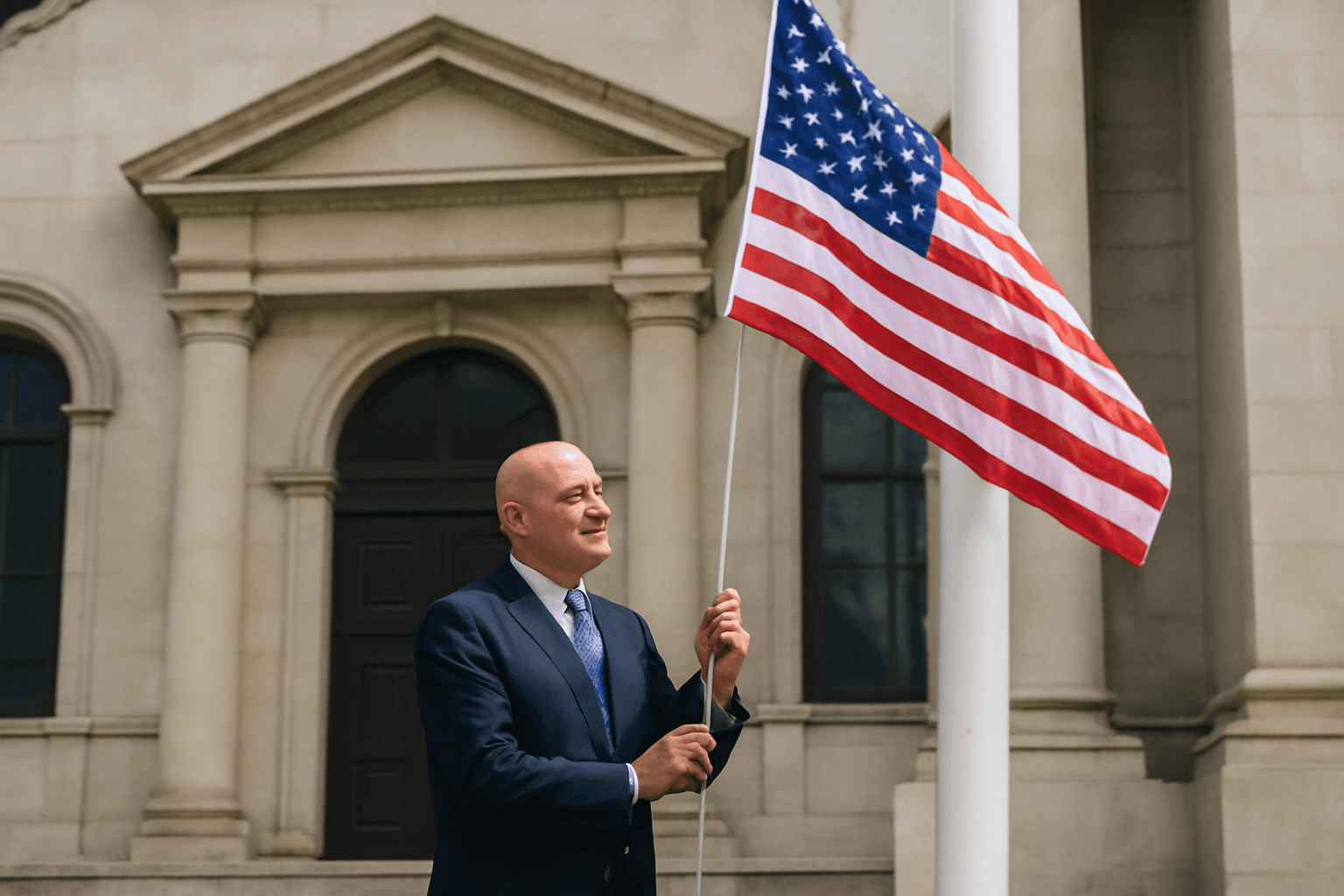The US administration has announced a stringent crackdown on visas issued to Chinese students, particularly targeting those with affiliations to the Chinese Communist Party or pursuing studies in sensitive fields. This policy, along with tighter export controls on semiconductor design software, threatens to destabilize the fragile trade truce between the US and China.
Chinese students have been a cornerstone of the US higher education system for decades, with over 270,000 enrolled last year contributing billions in tuition fees. Many American universities depend heavily on these students to sustain enrollment levels and support advanced research programs, especially in science, technology, engineering, and mathematics (STEM) disciplines.
Secretary of State Marco Rubio declared the US government will work aggressively with the Department of Homeland Security to revoke visas for Chinese students who have ties to the Chinese Communist Party or study in critical fields, although specifics regarding the number of students affected or the exact fields have not been disclosed. This announcement has heightened anxiety among Chinese students and their families amid ongoing visa delays and deportation fears.
National Security Concerns
The underlying rationale for the crackdown is US apprehension that Beijing leverages academic exchanges to acquire advanced American technology and research. Over the years, a significant influx of Chinese students in STEM disciplines has created a valuable talent pipeline for US universities and industries. However, the current administration views this as a potential national security vulnerability. Experts point to concerns that Beijing exploits open access to federally funded research environments to evade export restrictions and security laws.
Economic and Educational Implications
The visa revocation policy comes at a challenging time for US universities, many of which rely on international students for financial stability amid declining domestic enrollment. International students worldwide contributed over $50 billion to the US economy in 2023, with Chinese students representing the largest group. Immigration attorneys warn that this policy could have catastrophic economic and cultural impacts on American higher education institutions.
Additionally, these measures risk diminishing the United States' reputation as a global hub for intellectual and cultural exchange. With increasing visa restrictions, Chinese students may seek educational opportunities in other countries or remain in China, negatively affecting American universities' enrollment and prestige.
Diplomatic Tensions and Reactions
China responded swiftly, condemning the visa revocation policy as unreasonable and discriminatory, asserting it damages the rights of Chinese students and hampers cultural exchanges. The Chinese foreign ministry spokesperson criticized the US for undermining its proclaimed values of openness and freedom, further harming America’s international image.
Chinese students and their families are experiencing significant anxiety. Many have invested years and substantial resources into preparing for US studies. However, with increasing uncertainty, they are reconsidering their plans, with some expressing fear and disillusionment about pursuing education in the US.
Broader Implications and Future Outlook
This policy shift occurs shortly after a tentative easing of trade tensions between the US and China, including resumed Chinese factory activity and reduced tariffs. The new restrictions on semiconductor software—critical to chip manufacturing—compound tech-related conflicts. China's strategic investments to develop its domestic chip industry aim to reduce reliance on US technology amid these tensions.
Looking ahead, many Chinese students may pivot to alternative destinations such as Canada, the UK, or Singapore, or opt to remain in China, where government efforts are enhancing higher education capacity and prestige. Some analysts anticipate possible Chinese retaliatory measures targeting US cooperation on issues like drug control or rare earth exports, although others believe the crackdown may inadvertently bolster China's soft power appeal.
For now, thousands of Chinese students remain in uncertainty, caught between geopolitical tensions and their educational aspirations. The era when the US symbolized openness and opportunity for global students appears increasingly uncertain as universities prepare for significant disruptions.

